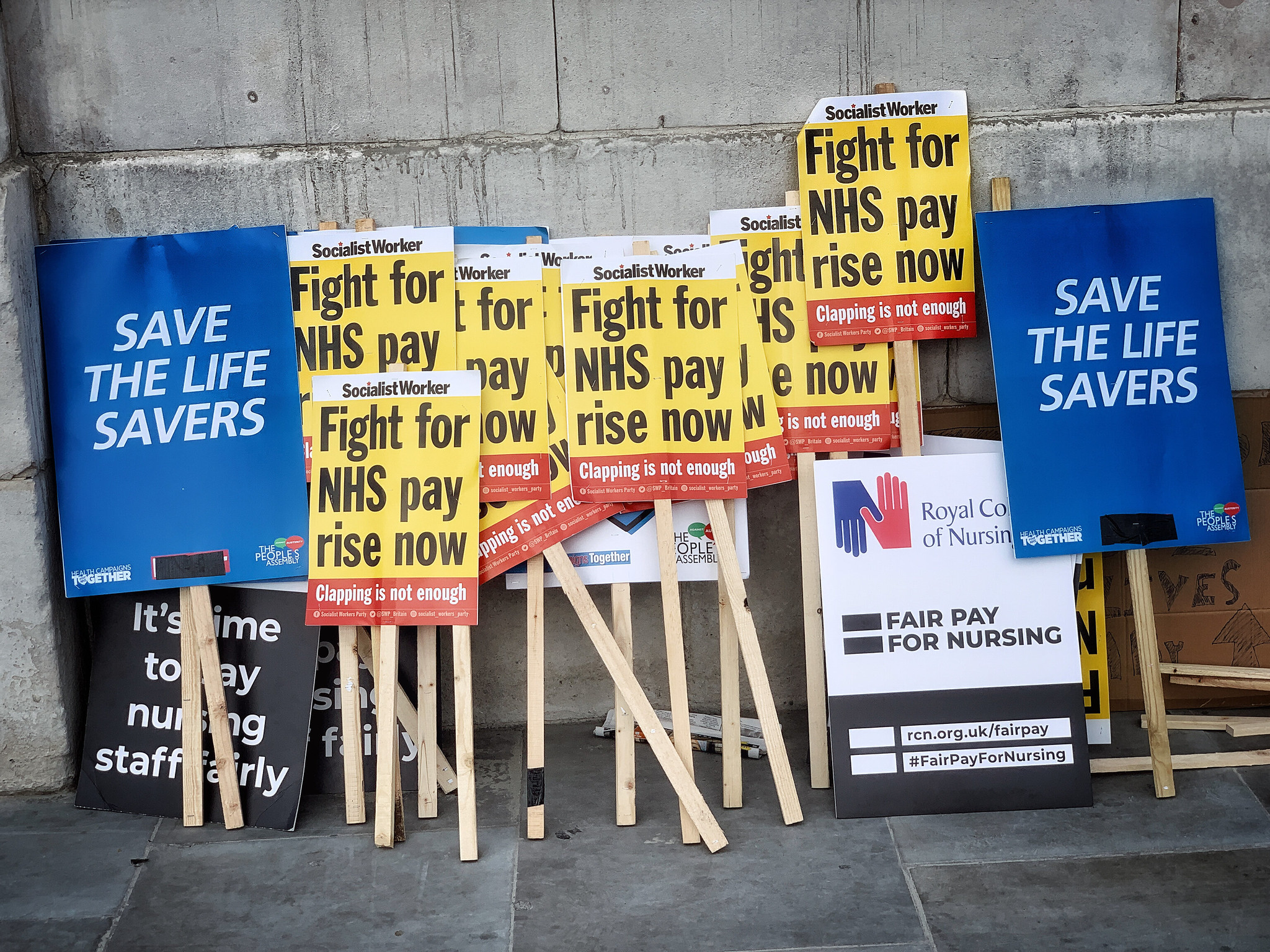 The first year of the coalition government has seen a real redefinition of the relationship between individuals and the state. As social enterprises and charities look to play a much more active role in service delivery, Faith Boardman of CIPFA argues that local authorities will need to learn a new set of commissioning and management skills in order to drive public services from a more community-based level.
The first year of the coalition government has seen a real redefinition of the relationship between individuals and the state. As social enterprises and charities look to play a much more active role in service delivery, Faith Boardman of CIPFA argues that local authorities will need to learn a new set of commissioning and management skills in order to drive public services from a more community-based level.
One year on from the general election, many public services and citizens are still working out what the coalition’s new policy agenda means in practical terms. After a year in which many public services have had to keep their eye on the short-term need to deliver immediate “cuts”, this is the moment to try to make some overall sense of the new direction and its longer-term implications. And it is becoming increasingly clear that in many areas, those will be profound and far reaching. The coalition intends a fundamental shift in the landscape and to expectations that have existed since the late 1940s.
The coalition began by selling the changes on the basis of necessity due to the recession and an unsustainable level of public debt. There is a lot of truth in that, but it is clearly not the whole truth. This is not just about their (woeful) financial inheritance, but also about a very different view of the contract between individuals and the state; and the balance between the private, public and third sectors. It is also potentially about a very different vision of what the third sector should encompass, which seeks to support the organic re-growth of a sense of “local community” based on mutual self-help.
There are aspects of that which draw on deep-rooted British instincts and traditions of charitable giving and neighbourliness that date back to the Victorian era and before and (potentially) ring positive bells with many individuals who are naturally “good neighbours”.
But for others, they pose real threats, because real need does not necessarily coincide with popular causes, and because some minorities and individuals cannot readily mobilise the community capacity that will be required to provide credible and effective alternatives to state provision. And very few local communities will be able to readily access the capital funding that would be required to redress the major under-investment that has occurred in some areas (like social housing) over the last three decades because successive governments have relentlessly prioritised investment in health, schools and the police. (Without, it would appear, having significantly questioned – or improved – the relative overall value for money from these favoured sectors.)
So it seems likely that the debate on where the balance between individuals and the state should be drawn will not be concluded quickly and will result in much greater variation between different policy areas and geographical locations.
For local authorities and other critical public services, this brings with it a big increase in the levels of uncertainty and risks that they will have to manage in both practical and political terms. Because – at least for the transitional period – they will have no real legal or practical escape from being the “safety net” or “service of last resort” when (and if) the private sector market and/or the third sector’s creativity and goodwill fail. Already, a number of equally strongly held British instincts and traditions are beginning to surface – such as “postcode lotteries” – that could pose serious local political risks.
One thing seems certain: over the next 2-3 years, local authorities and many other public services will need to learn a whole range of new and adaptive skills and approaches, including new commissioning skills, particularly in areas like social care that have previously been protected from deep cuts, and that may be particularly impacted by the coalition’s emphasis on greater personal choice and responsibility. The recent court troubles of Birmingham Council’s social services may merely be a first round in working out where the final balance between state and individuals will end up.
The new skills required will also certainly need to include practical solutions and approaches to the coalition’s drive for transparency. The public will be expected and encouraged to personally access performance data rather than relying on the findings of “professional” inspection regimes to help them make informed judgements as parents, local voters, and consumers of local services. To date that debate has too often centred on releasing huge volumes of raw data around issues like individual public servants’ pay, rather than on how to best enable individuals and communities to make informed decisions about services. This is typical of areas where CIPFA’s technical expertise will be particularly valuable to practitioners. But there are already a number of useful techniques and precedents – see the example provided in my article on the Met Police’s pilot of web-enabled crime mapping in the PMPA’s report on Redefining Local Government).
On 14 June, Faith Boardman is chairing an all-day conference (jointly hosted by CIPFA and the Public Management and Policy Association) on the new policy landscape. Speakers will include CIPFA’s CEO Steve Freer, Daniel Ratchford of Sutton Council (one of the 4 national Big Society pilot Local Authorities), and Baroness Claire Tyler of Enfield (CE of Relate and chair of the PMPA’s Social Policy Forum). The conference builds on the PMPA’s recently published report on “Redefining Local Government” .
Please read our comments policy before commenting.







